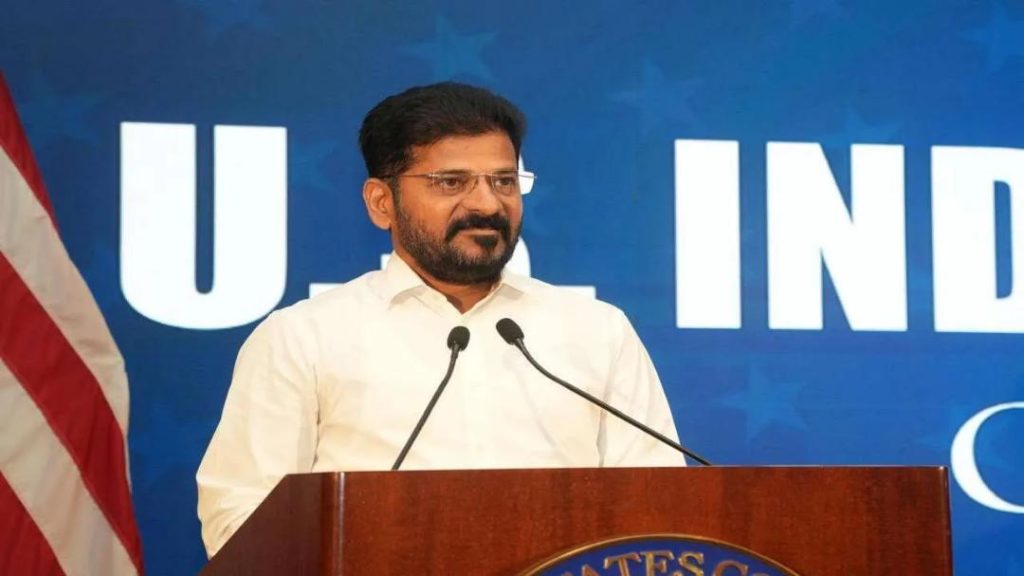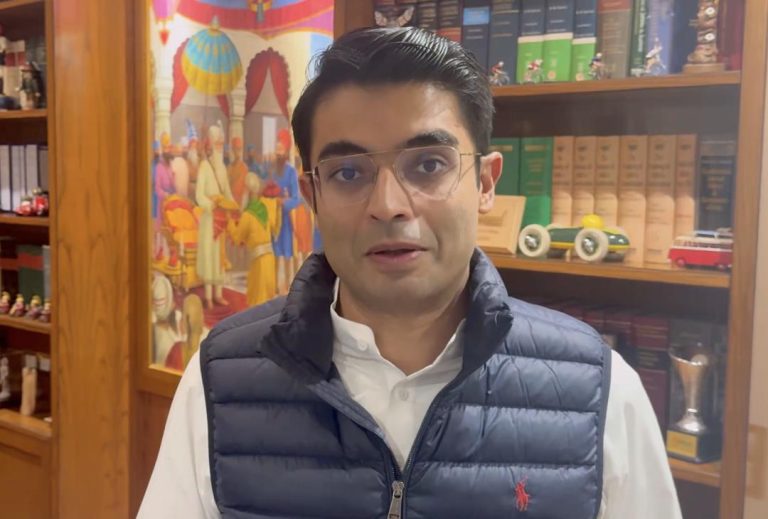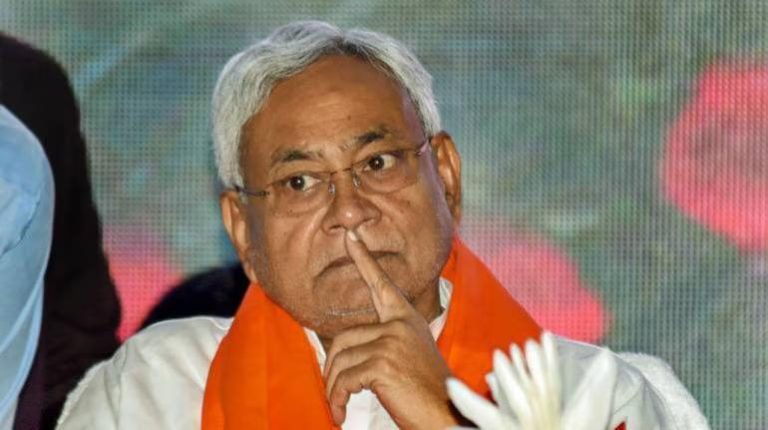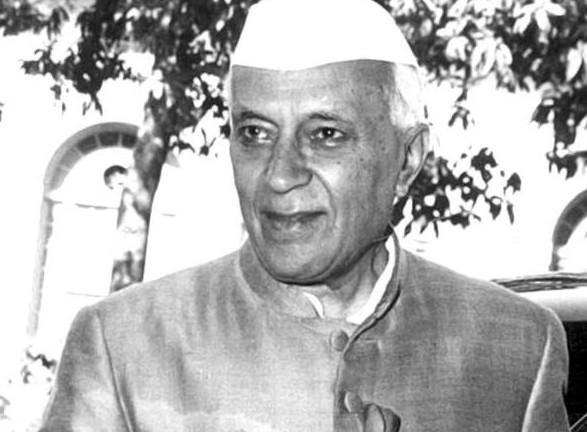
Telangana Cabinet to Protest in Delhi over Assent for Bills
The Telangana Cabinet has decided to take a strong stance against the Centre’s delay in granting presidential assent to two crucial bills that seek to increase the reservations for the Backward Classes (BCs) to 42 percent in education, employment, and local bodies. To press their demand, the Cabinet has planned a three-day protest in New Delhi from August 5 to 7.
The decision to protest was made during a high-level meeting of the Telangana Cabinet, where the ruling Congress party leaders accused the BJP-led Central government of deliberately delaying the assent to these bills. The Cabinet has been vocal about its demand for the presidential assent, which is necessary for the bills to become laws.
The two bills in question are the Telangana Backward Classes (BC) Welfare Act, 2018, and the Telangana Reservation Act, 2018. These bills were passed by the Telangana Legislature in 2018, but they are yet to receive the presidential assent. The bills aim to increase the reservations for BCs in education, employment, and local bodies from 15 percent to 42 percent.
The Telangana Cabinet believes that the Centre’s delay in granting assent is a deliberate attempt to undermine the interests of the backward classes. The Cabinet has accused the Centre of adopting an “arbitrary and discriminatory” approach towards the state, which is dominated by the BCs.
“The Centre has been delaying the assent to these bills for over three years, despite the state government’s repeated requests. This is a clear case of discrimination against the backward classes,” said a senior minister from the Telangana Cabinet.
The Cabinet has decided to hold a protest in New Delhi to draw the attention of the Centre to their demand. The protest will be held from August 5 to 7, during which the Cabinet ministers will stage a sit-in protest outside the Rashtrapati Bhavan, the official residence of the President of India.
The Telangana Cabinet has also planned to meet with the President of India, Ram Nath Kovind, and the Prime Minister of India, Narendra Modi, to press their demand. The Cabinet has written to the President and the Prime Minister, seeking their intervention in the matter.
The protest is expected to be a massive event, with hundreds of Cabinet ministers and officials from the Telangana government participating. The Cabinet has also invited BC leaders and activists from across the state to join the protest.
The Telangana Cabinet’s decision to protest in Delhi has been welcomed by BC leaders and activists from across the state. They have been demanding the implementation of the 42 percent reservations for BCs for years, and the Cabinet’s decision to protest in Delhi is seen as a significant step towards achieving their goal.
“We are hopeful that the Centre will pay attention to our demands and grant presidential assent to the bills. We are ready to fight for our rights and will not back down until our demands are met,” said a BC leader from the state.
The Telangana Cabinet’s protest in Delhi is likely to have a significant impact on the Centre’s decision-making process. The Cabinet’s decision to protest in Delhi is seen as a strong signal that the state government is willing to take bold steps to protect the interests of the backward classes.
The Centre’s delay in granting assent to the bills has been criticized by many, including the opposition parties. They have accused the Centre of adopting an “arbitrary” approach towards the state and the backward classes.
The Telangana Cabinet’s decision to protest in Delhi is a significant development in the state’s politics. It highlights the state government’s commitment to protecting the interests of the backward classes and its willingness to take bold steps to achieve its goals.
In conclusion, the Telangana Cabinet’s decision to hold a three-day protest in New Delhi is a significant step towards demanding presidential assent for the two bills that seek to increase the reservations for the backward classes. The protest is expected to draw attention to the Centre’s delay in granting assent and will likely have a significant impact on the Centre’s decision-making process.




